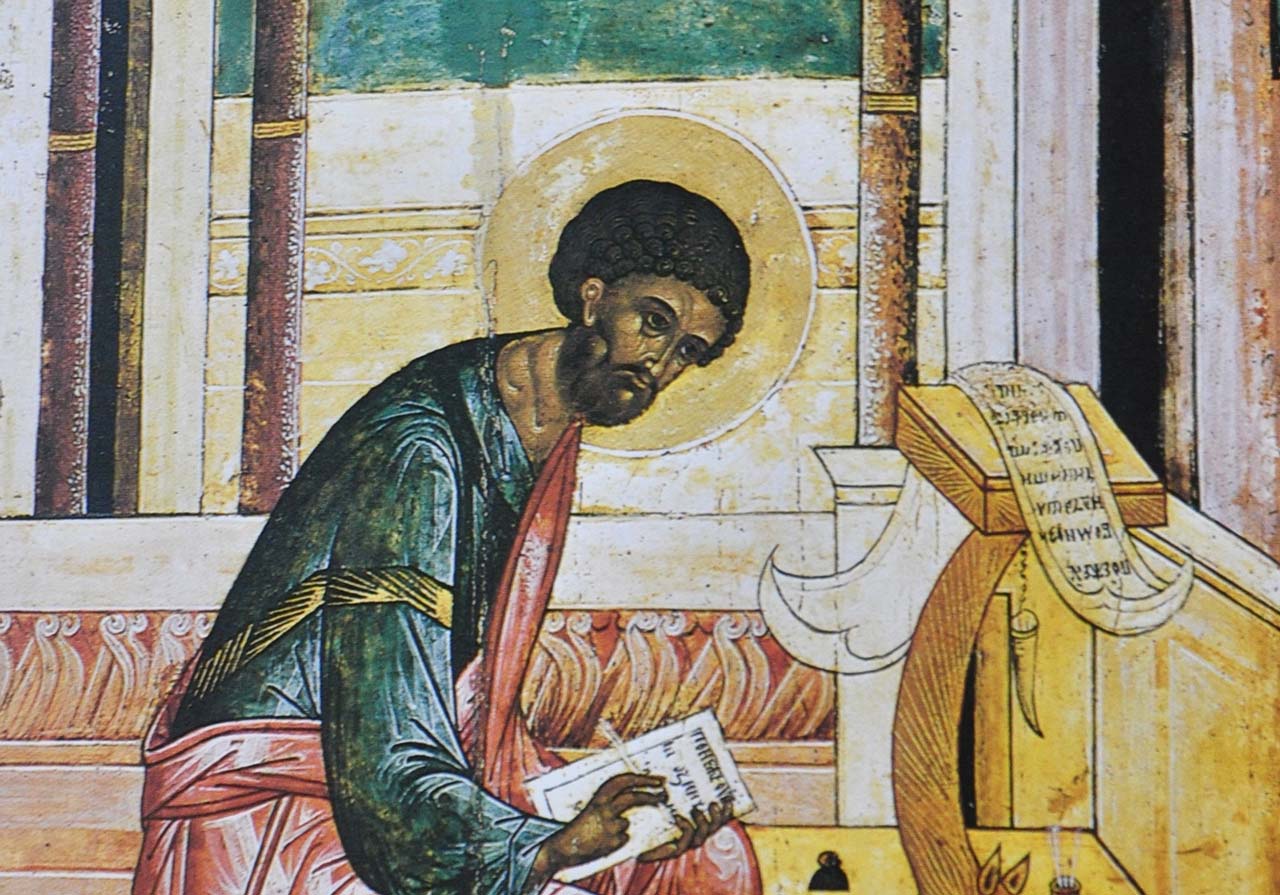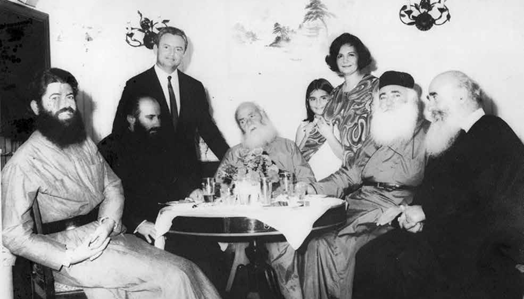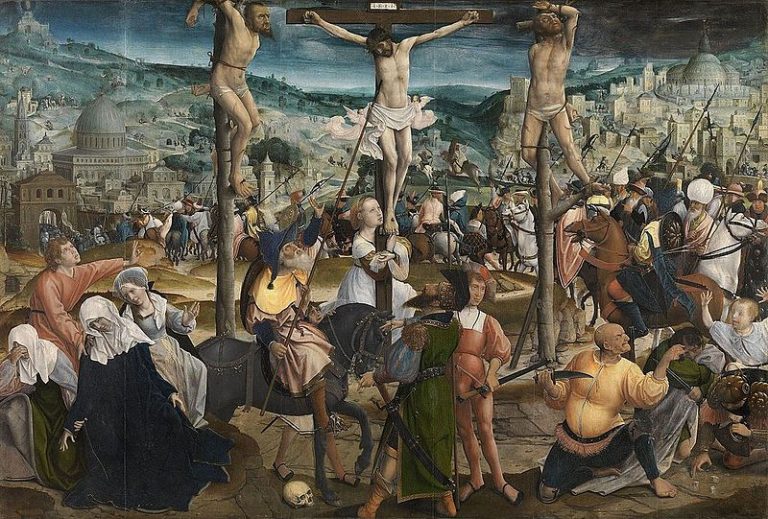The Evangelist Luke and the Missionary Handbook
Saint Luke came from Antioch in Syria, was a Roman citizen and came from among the Gentile Christians. In his profession he was a physician and, despite all the worldly wisdom he possessed and the worldly recognition that surrounded him, he chose and gave himself to the wisdom from above, the wisdom from God, according to the hymnography of our church: “for you have loved wisdom, the true one, and have forgiven worldly ignorance.” The synaxarist of St. Nicodemus preserves that Luke was engaged in and loved the art of painting, while his apolyticus testifies that he proved to be “a painter of the Mother of God”. He also knew the Hebrew and Syriac dialects. His encounter with God was through the apostle Paul, at the time when Titus Claudius was emperor (42 AD). Before meeting the early Paul in Thebes, Boeotia, he practiced his profession. But then, after renouncing his ancestral error, he followed the Christian and more specifically the missionary way of life as “Paul’s fellow and student holy”. At the urging of the Apostle of the Gentiles, he wrote the Gospel of Luke and, at his dictation, the Acts of the Apostles (“wherefore thou hast corrupted the Gospel of the Word, and the holy deeds of thy fellow-apostles”…) Both books are in the form of a letter to the ruler of Achaia, Theophilus.
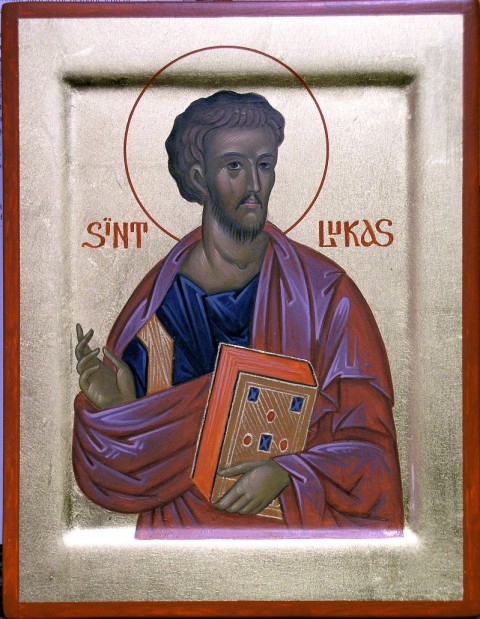
Luke accompanied Paul to Troas, Macedonia, Philippi, Jerusalem and Rome. He was even with him when his ship was wrecked in the middle of the sea. Two of Paul’s references to him reveal both his missionary spirit and his faithfulness to the Apostle of Christ. In Colossians he calls him “the beloved” (Col 4:14), and in 2 Timothy he characteristically writes: “Luke is alone with me” (2 Tim 4:11). Finally, the information surrounding the death of St. Luke is confusing. Consequently, opinions on both the manner and the age of his burial are divided. It is more likely that St. Luke died in peace at the age of 80. His memory is commemorated on 18 October.
Most wise Hector, Hieromystus Luca, painter of the Mother of God, you have come, Apostle, you have written long, long speeches, by a divine spirit, you have come to understand, you have given us the consent of Christ’s presence, who has promised to save us.
The Missionaries’ Handbook
It is true that the writing of the Acts of the Apostles that Saint Luke left as a legacy to Christians and especially to missionary people is valuable. It not only informs us historically about the spread of the Gospel which was accomplished in every – God-allowable – way and at every cost by the Apostles, but it makes the “Acts of the Apostles” a model and a missionary manual for all of us who are more or less active in this ministry. The “Gospel of the Holy Spirit”, as the book is characteristically called, sends out a multitude of missionary messages. In the following, we will try to present some typical examples of these messages that we have extracted. In the first chapter of Acts, before the event of His ascension, the Lord foretells the disciples their mission: “Receive power through the coming of the Holy Spirit upon you, and be witnesses to me in Jerusalem and in all Judea and Samaria and to the ends of the earth” (Pr 1:8). With this word He reveals to them that their preaching will have no boundaries, but will be universal. The incident of the election of Judas’ successor (Pr 1,12-26) teaches us that the work is God’s and we are his co-workers. It is also made clear that no one is irreplaceable in it, since “God is able of these stones to raise up children to Abraham” (Lk 3,8). The possibility given to the Apostles to “speak with tongues” (Pr 2:4) reveals the ecumenical character of the event of Pentecost and the intention of the Holy Spirit to guide and accompany the Apostles’ footsteps to the ends of the earth.
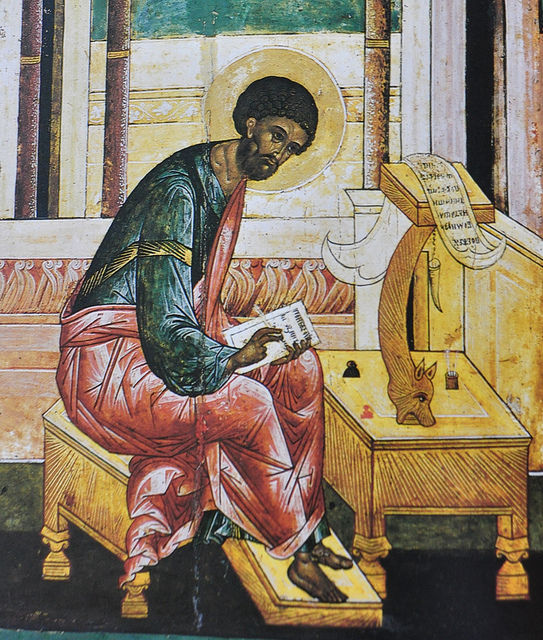
The first event immediately after Pentecost was Peter’s preaching (Pr 2:14-41), followed by the baptisms of people who believed his word: “those who had accepted his word were baptized” (Pr 2:41). The way of life of the early Church community consisted of teaching, fellowship among the members of the Church, prayers and the Divine Liturgy, all having “answers in common” (Pr 2:44). The miracles of the apostles – which are abundantly found in the sacred text of Acts – highlight the early Church’s concern for the redemption of people from both sickness and death, as it faithfully followed Jesus’ loving attitude towards every suffering person. It is an undeniable fact that the work of the apostles was not strewn with rose petals, but consisted of many dangers and hardships such as imprisonment (Pr 4:3), stoning (Pr 14:19), beatings (Pr 16:37) and other martyrdoms. Almost all the apostles gave their lives for the sake of the Gospel. But none of the various sufferings they endured could deprive them of joy: “they who rejoiced in the face of the conference, because for his name’s sake they were made blameless” (Pr 5:41). Despite the hardships and martyrdom, the apostles did not hesitate to use scrutiny as a missionary tool, daring bravely to point out those responsible for Jesus’ death:”For you have delivered him up and denied him in the face of Pilate, judging him to be released; but you have denied him who is holy and righteous, and have seen a murderous man given to you, and have rejected the chief of life, whom God raised from the dead, and we are not martyrs” (Pr 3:13-15). With the same courage, when their rulers ordered them to stop their work, they did not hesitate to confess: “Discipline is seen by men” (Pr 5,29). The election of the seven deacons shows the Apostles’ commitment to preaching, but also their active interest in charity, i.e. helping the widows, orphans and the disabled (Pr 6:1-7). The incident of Simon the Magician, who asked to buy the Holy Spirit and to whomever his hands touched to impart it to him, revealed the disinterestedness of the Apostles who revealed that the Spirit of God is not bought with money, but is drawn by true repentance and a pure heart (Pr 8:9-25). Besides, the Apostle to the Gentiles, Paul, also stresses the importance of avoiding easy money and urges us to work hard and to be charitable, as he himself did: “I have not desired silver, nor gold, nor raiment: these are the things which are become of my hands, and of those who have served with me. I have always pointed out to you that, though you labor to see the sick, remember the word of the Lord Jesus, that he said, “Blessed are you that teach or receive” (Pr 20:33-35).
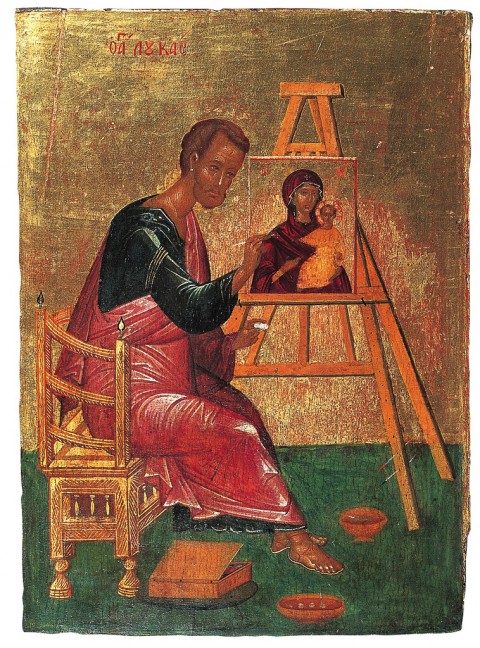
In the Acts of the Apostles we observe that the work of the apostles, that is, their mission, is not carried out by them alone, but they have both the Holy Spirit and the angels as accomplices (Pr 8:26-32 Philip, Pr 10:1-18 Peter-Cornelius, Pr 16:25-30 Paul’s bonds). The incident of the Apostle Peter in the house of Cornelius has much to teach us. First of all, his saying “I am risen; I am a man” (Pr 10,26) because of Cornelius’ excessive honor to his person, because of Cornelius’ excessive honor to him, indicates that he does not appropriate the actions of the Holy Spirit, which are manifested to the world through him. But his phrase: “In truth I understand that God is not a personified God, but in all things he who fears him and works righteousness is accepted by him. The word which he sent to the children of Israel, preaching peace through Jesus Christ; he is Lord of all” (Pr 10:34-37) shows that he realized that God sent the apostles to preach His Gospel not only to the Jews but also to the Gentiles. In conclusion, worthy of mention and imitation is the sacrificial spirit of the Apostles, who spent their entire lives in spreading the Gospel, in preaching the resurrection of Jesus Christ. Indifferent to the social isolation they suffered, the insults, imprisonment and beatings, they ardently headed for their death. A typical example is the exquisite Paul with his insistence on being in Jerusalem where he would be arrested by the Jews and handed over to the Romans to be put to death (Pr 21:12-14), knowing that in so doing they would be giving him the true Life.

